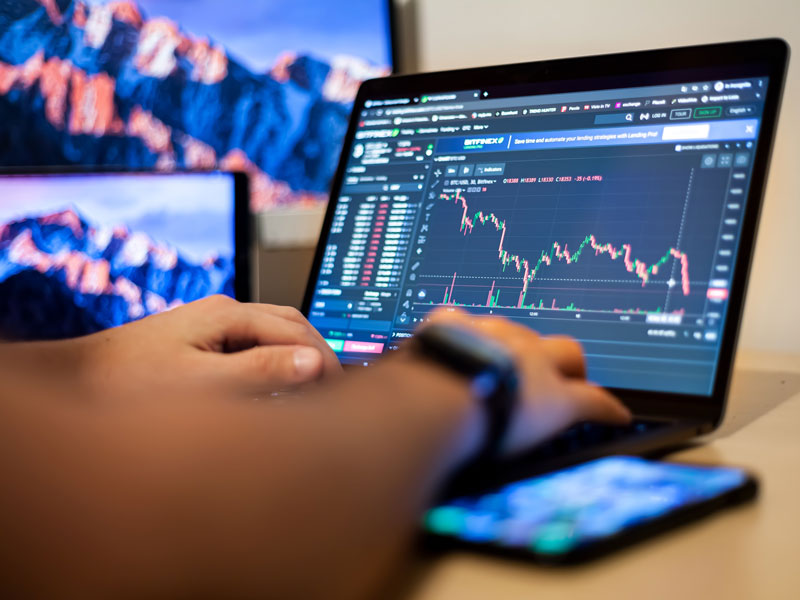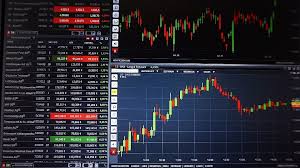
Mastering Forex Trading Strategies and Insights for Success 1601089829

Forex trading, short for foreign exchange trading, involves the buying and selling of currencies on the global market. As a decentralized marketplace, it operates 24 hours a day, five days a week, making it one of the most accessible trading platforms. To succeed in this vast arena, traders must understand various aspects of the market, including trends, strategies, and risk management. If you’re looking to navigate the Forex landscape effectively, consider learning from experts and utilizing platforms like trading forex Trading Broker ID to enhance your trading experience.
Understanding the Basics of Forex Trading
Forex trading involves trading currency pairs, which consist of a base currency and a quote currency. For instance, in the currency pair EUR/USD, the Euro is the base currency while the US Dollar is the quote currency. The primary goal of trading is to anticipate the movement of one currency against another.
The Forex market is the largest financial market in the world, with a daily trading volume exceeding $6 trillion. This immense liquidity offers traders numerous opportunities, but it also requires a solid understanding of market dynamics.
Key Terminology in Forex Trading
- Pip: The smallest price move in a Forex currency pair.
- Leverage: Allows traders to control larger positions with a smaller amount of capital.
- Margin: The amount of money required to open a leveraged position.
- Spread: The difference between the bid and ask price of a currency pair.
- Lot Size: The number of currency units you buy or sell in a trade.
Popular Forex Trading Strategies
There are numerous strategies traders utilize to make informed decisions within the Forex market. Here are a few popular ones:
1. Day Trading
Day trading involves buying and selling currencies within the same trading day. Traders who implement this strategy aim to capitalize on short-term price movements. It requires a keen market understanding, analytical skills, and quick decision-making.
2. Swing Trading
Swing trading focuses on capturing price swings over a short-to-medium timeframe, typically lasting from several days to weeks. Traders utilize technical analysis to identify potential reversal points in the market.
3. Scalping
Scalping is a highly time-sensitive trading strategy that involves making numerous trades throughout the day to generate small profits from minimal price changes. It requires a significant amount of focus and quick execution.
Technical vs. Fundamental Analysis
Traders often employ two primary forms of analysis: technical and fundamental.

Technical Analysis
Technical analysis focuses on price movements and trends, using charts and indicators to forecast future price actions. Traders look for patterns and signals to make trading decisions.
Fundamental Analysis
Fundamental analysis examines economic indicators, news events, and geopolitical factors that may influence currency values. This method helps traders understand the broader market context for specific currencies.
The Importance of Risk Management
Risk management is crucial in Forex trading. No matter how well a strategy works, there will always be inherent risks involved. Successful traders develop strategies to protect their capital, including:
- Setting stop-loss orders to limit potential losses.
- Determining position size based on account balance and risk tolerance.
- Diversifying trades to mitigate risks across different currency pairs.
The Role of Emotions in Trading
Trading can evoke strong emotions, such as fear and greed. Emotional trading can lead to rash decisions and significant losses. Successful traders cultivate discipline, patience, and a rational mindset. Maintaining a trading journal can help track emotions, decisions, and outcomes to improve future trading strategies.
Choosing the Right Forex Broker
Selecting a reputable and reliable Forex broker is vital for trading success. Consider the following factors:
- Regulation and license status.
- Trading platform features and ease of use.
- Available currency pairs and instruments.
- Commission and fee structures.
Continuous Learning and Adaptation
The Forex market is constantly evolving, and traders must adapt accordingly. Continuous education through online courses, trading communities, and market research is essential. Attending webinars and engaging with experienced traders can provide valuable insights and tips.
Conclusion
Forex trading presents tremendous opportunities for individuals willing to invest the time and effort to learn and practice. By understanding market dynamics, employing effective strategies, and managing risk, traders can navigate this complex landscape successfully. Whether you’re a novice or an experienced trader, remember that the key to success lies in continuous improvement and adapting to changing market conditions.

